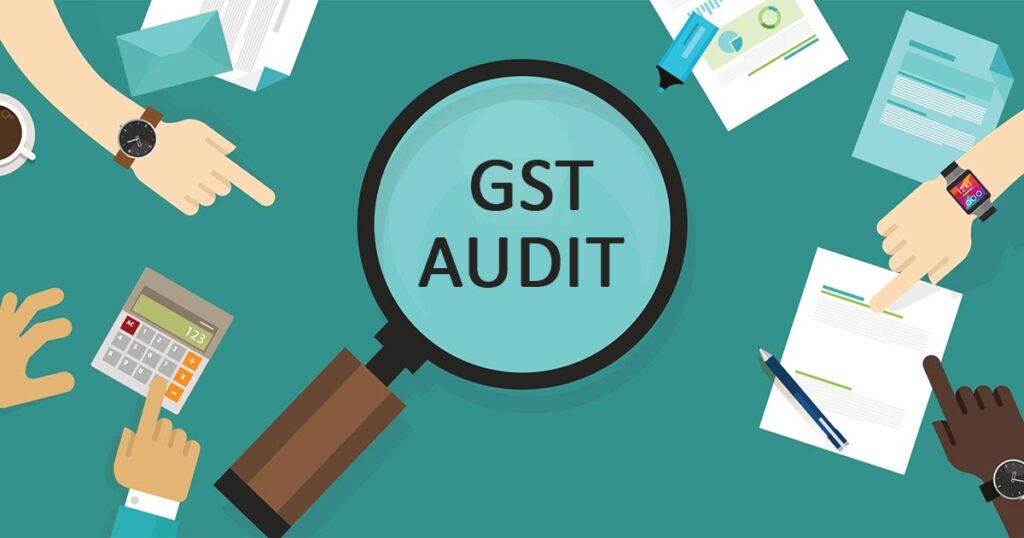Types of GST Audit
GST Audit is an essential process for ensuring compliance with GST regulations. There are different types of GST audits based on specific circumstances:
1. Turnover-based Audit
- Conducted by: A Cost Accountant or Chartered Accountant appointed by the taxpayer.
- Circumstance that mandates it: If the taxpayer’s annual turnover exceeds INR 5 crores.
2. Normal Audit/General Audit
- Conducted by: CGST/SGST Commissioner or any empowered official.
- Circumstance that mandates it: Initiated by the Commissioner’s order after issuing a 15-day prior notice to the taxpayer.
3. Special Audit
- Conducted by: A Cost Accountant or Chartered Accountant authorized by the Commissioner.
- Circumstance that mandates it: Conducted under the order of the Deputy/Assistant Commissioner after the Commissioner’s approval.
Threshold for GST Audit
- Turnover Requirement: If the annual turnover of a registered taxable person exceeds INR 5 crores, they must get their accounts audited.
- Filing Requirements:
- GSTR-9: Annual Return must be filed on or before 31st December of the subsequent financial year.
- GSTR-9C: A Certified Reconciliation Statement to reconcile GSTR return values with audited financial statements.
- Audited Annual Accounts and any other documents as specified.
Key Features of GST Audit
- Timely Submission: GST audit reports and reconciliation statements must be submitted on time to ensure compliance.
- Standardization: The audit follows a structured approach, making it easier for businesses to provide necessary records and details.
- Cooperation Requirement: During the audit, businesses must fully cooperate by providing all required records, returns, and other documents for verification.
Benefits of GST Audit
- Compliance Assurance: Helps businesses comply with GST law and avoid penalties.
- Accuracy of Records: Ensures that businesses maintain accurate financial and tax records.
- Transparency: The process fosters transparency and accountability in tax reporting and financial statements.
- Early Detection of Errors: Identifies any discrepancies in tax returns or credit availed, which can be corrected promptly.
Documents Required for GST Audit
- Annual Return: Form GSTR-9
- Reconciliation Statement: Form GSTR-9C
- Audited Financial Statements: Balance Sheet, Profit & Loss Account, and Cash Flow Statement.
- Other Details: Any other documents or particulars required under GST law for reconciliation.


